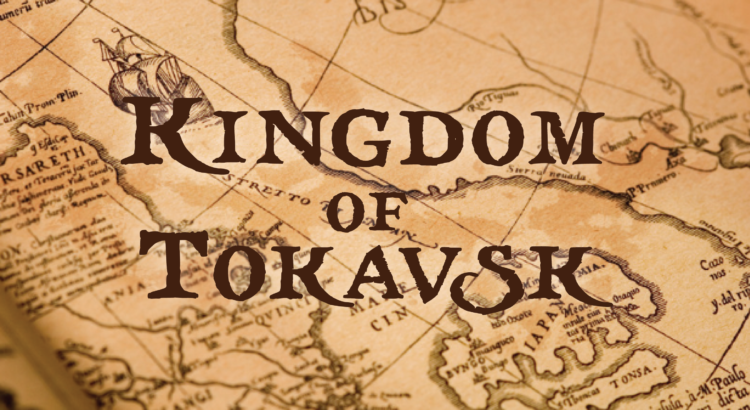The great importance placed on the stars by the early Tokavskans carries into modern customs. Holidays dedicated to the emergence of certain constellations thought to be vestiges of ancient Tokavskan religion or influences from neighboring cultures are celebrated. Most modern-day Tokavskans are more dedicated to performing the customs than understanding the reasons for their existence. However, the dedication to practicing the elaborate star ceremonies, known in the Zheren tongue as Brzadrat, remains fervent.
In addition to celestial holidays, stars have a pull on everyday life. Brzad and variations thereof are found in both given and family names; astronomy is considered a vital academic skill; and two days of their seven-day weeks are named after constellations.
However, the most prominent example of the everyday influence of stars on Tokavsk is in is calendar. The Tokavskan calendar is divided into 360 days and nine months of forty days each. Because Tokavsk is a land of eternal winter, the positions of the stars are used to mark the passage of time; the dominant constellation, which is in Tokavskan culture the constellation that rises in the west.
1. Arku (Hawk)
2. Torotahen (Lost Soldier)
3. Letoka (Fir/Pine)
4. Rairden (Rabbit)
5. Adoto (Archer)
6. Krenya (King)
7. Krenyaka (Queen)
8. Dzegor (A primitive tool similar to a compass)
9. Kadan (Bear)
The Hawk, Fir, and Bear are the three most notable constellations, and it is no surprise that these are the most venerated months. However, it should be noted that the beliefs that the positions of stars affect one’s mood and disposition are largely obsolete. Rather, these months are valued for what they stand for. The Hawk is considered the physical manifestation of God in Tokavskan culture; the Fir is a symbol to Tokavskan strength and resilience; the Bear is a being of kindness and friendship. Thus, these months are in principle periods of showing respect to these beings.
It should be noted that younger Tokavskans tend to be less deferent to the established customs. There are complaints from the gentry that their generation is the last that will revere their ancestors, that Tokavskan culture is in danger of dying out. Whether this claim has any veracity is not to be investigated in the scope of this report.


